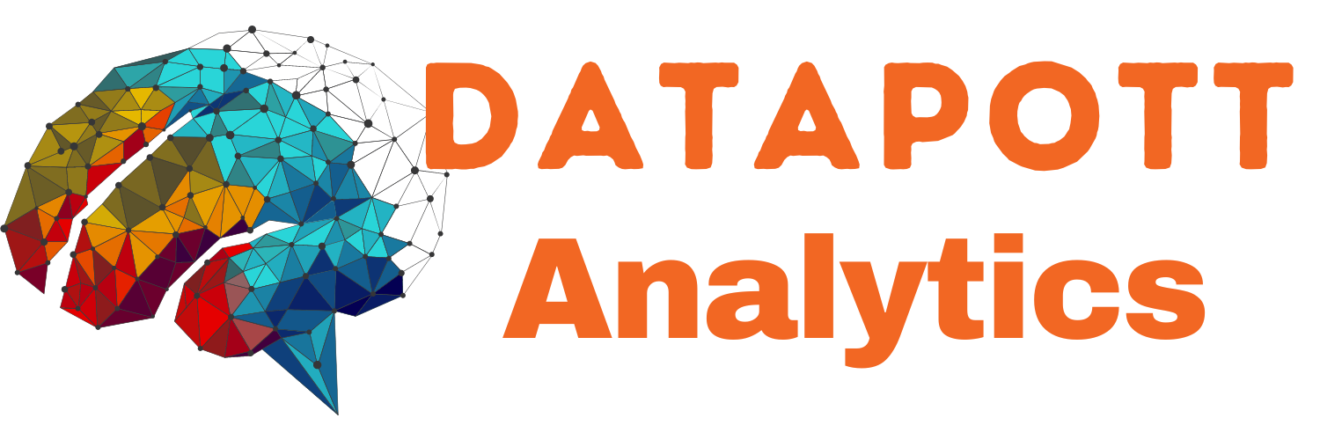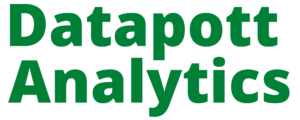Conduct and Interpret a Spearman Rank Correlation
What is a Spearman Correlation?
A Spearman correlation coefficient is also referred to as Spearman rank correlation or Spearman’s rho. It is typically denoted either with the Greek letter rho (ρ), or rs. Like all correlation coefficients, Spearman’s rho measures the strength of association between two variables. As such, the Spearman correlation coefficient is similar to the Pearson correlation coefficient.
All bivariate correlation analyses express the strength of association between two variables in a single value between -1 and +1. This value is called the correlation coefficient. A positive correlation coefficient indicates a positive relationship between the two variables (as values of one variable increase, values of the other variable also increase) while a negative correlation coefficient expresses a negative relationship (as values of one variable increase, values of the other variable decrease). A correlation coefficient of zero indicates that no relationship exists between the variables. However, correlation coefficients like Spearman and Pearson assume a linear relationship between variables. Even if the correlation coefficient is zero, a non-linear relationship might exist.
Compared to the Pearson correlation coefficient, the Spearman correlation does not require continuous-level data (interval or ratio), because it uses ranks instead of assumptions about the distributions of the two variables. This allows us to analyze the association between variables of ordinal measurement levels. Moreover, the Spearman correlation does not assume that the variables are normally distributed. A Spearman correlation analysis can therefore be used in many cases in which the assumptions of the Pearson correlation (continuous-level variables, linearity, heteroscedasticity, and normality) are not met.
Typical questions the Spearman correlation analysis answers are as follows:
- Sociology: Do people with a higher level of education have a stronger opinion of whether or not tax reforms are needed?
- Medicine: Does the number of symptoms a patient has predict their willingness to take medication?
- Business: Are consumers more satisfied with products that are higher ranked in quality?


